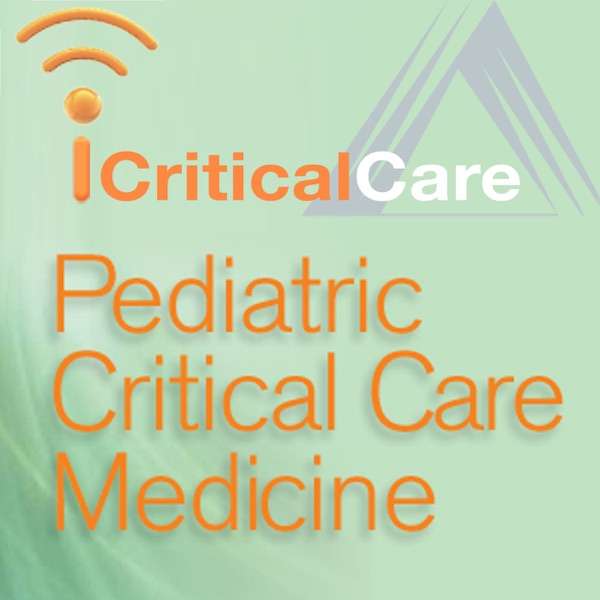Optimal care for depression should involve regular assessment of symptom resolution, treatment adherence, and tolerability. In this podcast, listen to experts discuss difficult cases and how they were resolved.
This CME podcast series is supported by an educational grant from Takeda Pharmaceuticals International, Inc., U.S. Region and Takeda. The faculty for this CME activity and the CME Institute staff were asked to complete a statement regarding all relevant personal and financial relationships between themselves or their spouse/partner and any commercial interest. The CME Institute has resolved any conflicts of interest that were identified. No member of the CME Institute staff reported any relevant personal financial relationships. Faculty financial disclosures are as follows: Dr Jain is a consultant and paid speaker for Addrenex, Forest, Eli Lilly, Lundbeck, Merck, Otsuka, Pamlab, Pfizer, Shionogi, Shire, Sunovion, and Takeda; is a member of the advisory boards for Addrenex, Eli Lilly, Lundbeck, Merck, Otsuka, Pamlab, Pfizer, Shionogi, Shire, Sunovion, and Takeda; and has received research support from AstraZeneca, Forest, Eli Lilly, Lundbeck, Otsuka, Pfizer, Shire, and Takeda. Dr Jackson is a consultant for DepoMed, Pamlab, and Sunovion; has received honoraria from Otsuka; and is a member of the speakers bureaus for Pamlab and Sunovion. Dr Montano is a consultant for and has received honoraria from Takeda, Lundbeck, Otsuka, Shire, and Merck and is a member of the speakers/advisory boards for Takeda, Lundbeck, Shire, and Merck.
After listening to this podcast series, physicians should be able to use measurement-based care strategies and tools to identify depressed patients who need a treatment change, assess and improve treatment adherence, and update treatment regimens as needed to address residual symptoms.

 Our TOPPODCAST Picks
Our TOPPODCAST Picks  Stay Connected
Stay Connected







